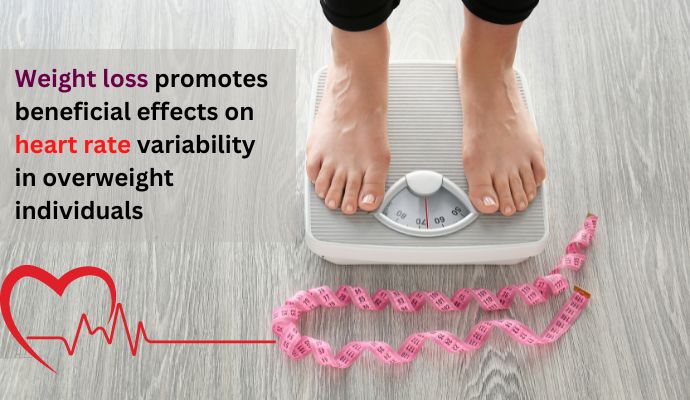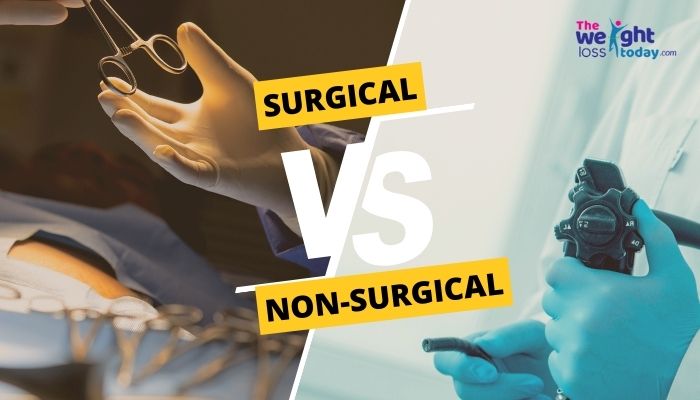
Sleep apnea and how it is associated with Obesity
Sleep apnea refers to a condition in which
61,569 total views, 122 views today
Home » Infertility and Sexual Dysfunction
Infertility is defined as the inability to become pregnant despite having frequent, unprotected sex for at least a year. It can affect men and women equally. Obesity also increases the risk of miscarriage, and decreases the rate of successful pregnancy through natural conception.
Being overweight or obese can alter ones’ fertility via several biochemical mechanisms:
Obesity and infertility in men: Obesity is a common problem among men in the reproductive age, and can cause and exacerbate male-factor infertility. The major risk factors of male infertility include age, infectious diseases, environmental factors, obesity and its related disorders.
According to many studies, obesity in males may cause alterations in the sperm parameters like sperm count, total motility, structure and sperm DNA. Obesity exacerbates male-factor infertility by causing endocrine abnormalities and can have direct effects on spermatogenesis (origin and development of sperm cells). Obese men exhibit reduced androgen and sex hormone binding globulin (SHBG) levels accompanied by elevated estrogen levels. This altered reproductive hormonal profile leads to altered semen parameters, low testicular volume, and impaired sperm production. Low testosterone levels can affect the sperm’s ability to penetrate the egg, thus reducing the chances of fertilization.
Obesity and infertility in women: Infertility in obese women is mainly due to hyperinsulinemia (high insulin level in blood) and hyperandrogenemia (abnormally high levels of androgen).
Insulin plays an important role in the regulation of sex hormones. Hyperinsulinemia can contribute to increased androgen secretion and abnormal follicles in the ovaries.
Additionally, obese women have slightly high thyroid stimulating hormone (TSH) and prolactin levels. Prolactin acts by altering the ratio of follicle stimulating hormone (FSH) and luteinizing hormone, thereby inhibiting ovulation. Elevated TSH level can lead to hypothyroidism which in turn decreases the level of sex hormone binding globulin (SHBG) and elevates the androgen levels in women.
Sexual dysfunction is characterized by persistent difficulty with sexual response, desire, orgasm or sexual pain in men and women. It can affect anyone at any time, but is common in couples struggling with infertility. Sexual dysfunction might be a reason for infertility or may be triggered by infertility. The most frequent sexual dysfunction among men is erectile dysfunction (ED) and hypoactive sexual desire disorder (HSDD) in women.
Though sexual dysfunction can be caused by physical and psychological factors, obesity plays a major role in sexual performance.
Obesity and male sexual dysfunction:
In obese men, infertility can underlie sexual dysfunction which is often characterized by erectile dysfunction (ED). Erectile dysfunction refers to the consistent inability to achieve or maintain a penile erection during sexual intercourse. It usually occurs when there is a restricted flow of blood in the penis.
In obese men, excess cholesterol in the blood may get deposited on the inner walls of the blood vessels. These atherosclerotic deposits in the penis blood vessels can reduce the blood flow to the penis, leading to erectile dysfunction.
Obesity and female sexual dysfunction:
Female sexual dysfunction is a complex condition that is associated with numerous anatomical, physiological and psychological factors. Research shows that obesity is associated with specific sexual dysfunctions in women.
Obesity-associated insulin resistance can alter the functioning of the hypothalamus and the pituitary gland in the brain, increasing the production of androgenic hormones in women. Excessive production of androgenic hormones and reduced production of estrogen leads to female infertility which is responsible for female sexual dysfunction.

Sleep apnea refers to a condition in which
61,569 total views, 122 views today

Since the beginning of 20th century, the overall
61,545 total views, 120 views today

New year is the time for new beginnings.
62,241 total views, 121 views today

Weight loss can be tricky business, as it
62,119 total views, 120 views today

According to a recent study, weight loss through
63,023 total views, 120 views today

According to a recent study, preoperative very low
63,019 total views, 120 views today

A recent study conducted on GERD (Gastroesophageal Reflux
63,019 total views, 122 views today

A recent study done to examine the long-term
61,839 total views, 119 views today

Overweight and obesity is a major health concern
30,702 total views, 79 views today

A recent study published in the Journal of
29,891 total views, 79 views today

The findings from a recent study, published in
30,132 total views, 79 views today

The findings of a recent study, published in
30,533 total views, 80 views today